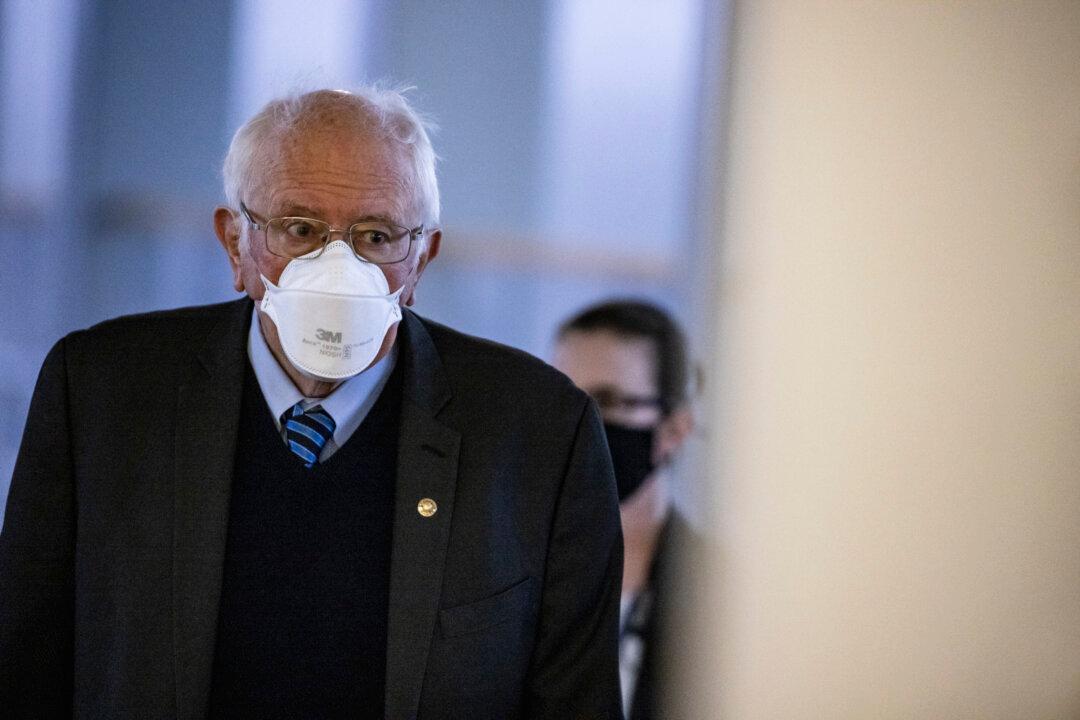Senate Democrats are shifting attention to the idea of penalizing large corporations that fail to pay their workers enough to satisfy lawmakers after the body’s rules expert said a minimum wage hike can’t be included in the COVID-19 relief package making its way through Congress.
Two chairmen said they’re looking at alternatives to a hike, including a provision that would hit major companies for paying their workers less than a certain amount an hour.





